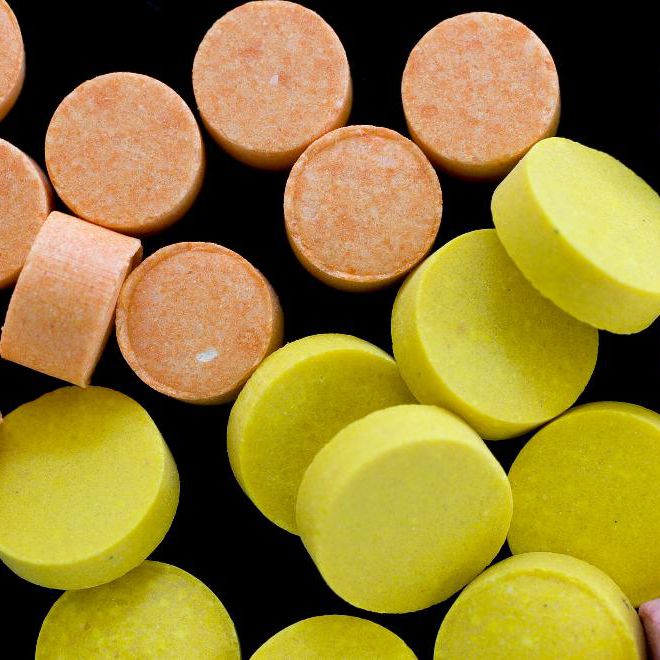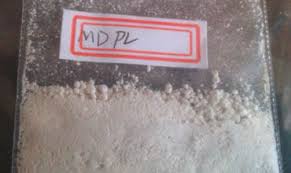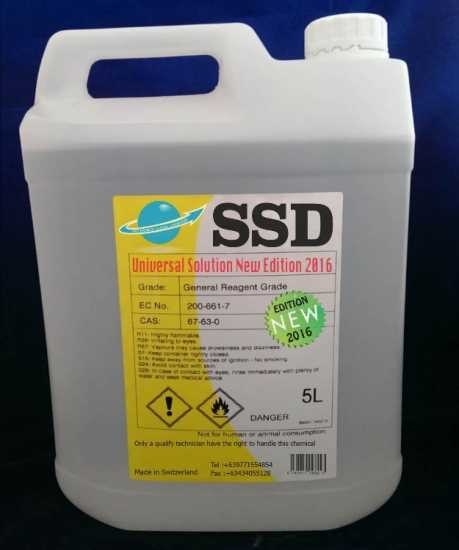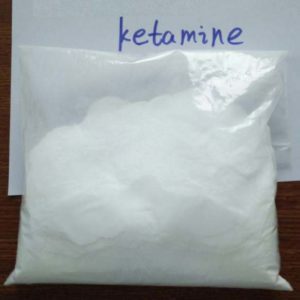Phencyclidine (PCP), also known as angel dust among other names, is a dissociative drug. PCP was brought to market in the 1950s as an anestheticpharmaceutical drug but was taken off the market in 1965 due to the high prevalence of dissociative hallucinogenic side effects.
PCP Tablet
Price range: $175.00 through $1,250.00
Description
Buy PCP Tablet Online from Chemicals Pharm Store
Are you looking to buy PCP Online?
Are you looking to buy PCP Online?
Common or street names: Angel Dust, PeaCe Pill, Hog, Lovely, Wack, Ozone, Dust, Embalming Fluid, Rocket Fuel; Supergrass and Killer Joints are names that refer to PCP combined with marijuana.Best place to buy PCP Online Phencyclidine (PCP) was developed in the 1950s as an intravenous anesthetic but, due to the side effects of hallucinations, delirium, and mania, its development for human medical use was discontinued in the 1960s by Parke Davis. Ketamine, an anesthetic used in pediatric and veterinary medicine, was then developed and is structurally similar to PCP.1 PCP is listed as a Schedule II drug by the US Drug Enforcement Agency; ketamine is a Schedule III agent.
Buy PCP Online / Order PCP Wholesale / Retail Supplies Usage.
In its pure form, PCP is a white crystalline powder that readily dissolves in water or alcohol and has a distinctive bitter chemical taste. On the illicit drug market, PCP contains a number of contaminants causing the color to range from a light to darker brown with a powdery to a gummy mass consistency. It is available in a variety of tablets, capsules, and colored powders, which are either taken orally or by insufflation (“snorted”). The liquid form of PCP is actually PCP base dissolved most often in ether, a highly flammable solvent. For smoking, PCP is typically sprayed onto leafy material such as mint, parsley, oregano, or marijuana. PCP may also be injected.2
High Quality PCP Online History .
Pharmacologically, PCP is a noncompetitive NMDA/glutamate receptor antagonist, but also interacts with other receptor sites, and may have effects with dopamine, opioid and nicotinic receptors.
Effects of PCP Use
A moderate amount of PCP often causes users to feel detached, distant, and estranged from their surroundings. Numbness of the extremities, slurred speech, and loss of coordination may be accompanied by a sense of strength and invulnerability. A blank stare, rapid and involuntary eye movements, and an exaggerated gait are among the more observable effects. Auditory hallucinations, image distortion, severe mood disorders, and amnesia may also occur. In some users, PCP may cause acute anxiety and a feeling of impending doom; in others, paranoia and violent hostility, and in some, it may produce a psychoses indistinguishable from schizophrenia. Many believe PCP to be one of the most dangerous drugs of abuse.
Physiological effects of PCP include a slight increase in breathing rate and a more pronounced rise in blood pressure and pulse rate. Respiration becomes shallow, and flushing and profuse sweating.
At high doses of PCP, there is a drop in blood pressure, pulse rate, and respiration. This may be accompanied by nausea, vomiting, blurred vision, flicking up and down of the eyes, drooling, loss of balance, and dizziness. High doses of PCP can also cause seizures, coma, and death (though death more often results from accidental injury or suicide during PCP intoxication). Psychological effects at high doses include illusions and hallucinations.
PCP Health Hazards
PCP is addictive and its use often leads to psychological dependence, craving, and compulsive PCP-seeking behavior. Users of PCP report memory loss, difficulties with speech and learning, depression, and weight loss. These symptoms can persist up to a year after cessation of PCP use. PCP has sedative effects, and interactions with other central nervous system depressants, such as alcohol and benzodiazepines, can lead to coma or accidental overdose. Use of PCP among adolescents may interfere with hormones related to normal growth and development. Many PCP users are brought to emergency rooms because of PCP’s unpleasant psychological effects or because of overdoses. In a hospital or detention setting, they often become violent or suicidal, and are very dangerous to themselves and to others. They should be kept in a calm setting and should not be left alone.
Extent of Use
According to the 2010 National Survey on Drug Use and Health (NSDUH), the number of past year initiates of PCP aged 12 or older decreased from 123,000 in 2002 to 45,000 in 2009 and 2010. PCP is grouped into the hallucinogens group in the NSDUH, which also include LSD, peyote, mescaline, psilocybin mushrooms, and “Ecstasy” (MDMA). In the survey, hallucinogens were used in the past month by 1.2 million persons (0.5 percent) aged 12 or older in 2010, including the 45,000 who had used PCP. These hallucinogen estimates were similar to estimates in 2009.3
Since 1975, Monitoring the Future Study (MTF) researchers have annually surveyed almost 17,000 high school seniors nationwide to determine trends in drug use and to measure attitudes and beliefs about drug abuse. The 2010 Monitoring the Future Study (MTF) shows that use of PCP by high school seniors has increased 0.1 percent since 2001, from 1.7 to 1.8 percent. In 2010, however, 1.0 percent of seniors used PCP at least once in the past year, which held steady from 2009. Past month use among seniors increased from 0.5 percent in 2009 to 0.8 percent in 2010. The percentage of high school seniors saying it would be “fairly easy” or “very easy” to get PCP in 2010 was 8 percent, compared to 16 percent when asked the same question in 2000.4
Related:
- Drug Testing FAQs
See Also:
- Bath Salts
- Cannabis
- Cocaine
- Devil’s Breath
- Ecstasy
- GHB
- Gray Death
- Hashish
- Heroin
- Ketamine
- Kratom
- Krokodil
- LSD
- Marijuana
- MDMA
- Mescaline
- Opium
- Psilocybin (Magic Mushrooms)
- Quaaludes
- Rohypnol
- Speed (methamphetamine)
- Synthetic Marijuana (Spice or K2)
- TCP (Tenocyclidine)
- U-47700 (Pink)
Additional information
| Price | 100 tablets, 1000 tablets, 300 tablets, 50 tablets, 500 tablets |
|---|









